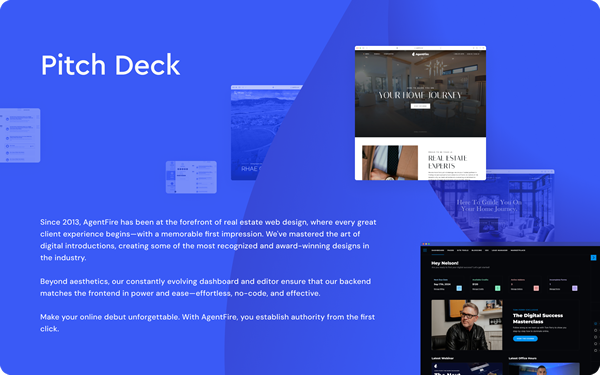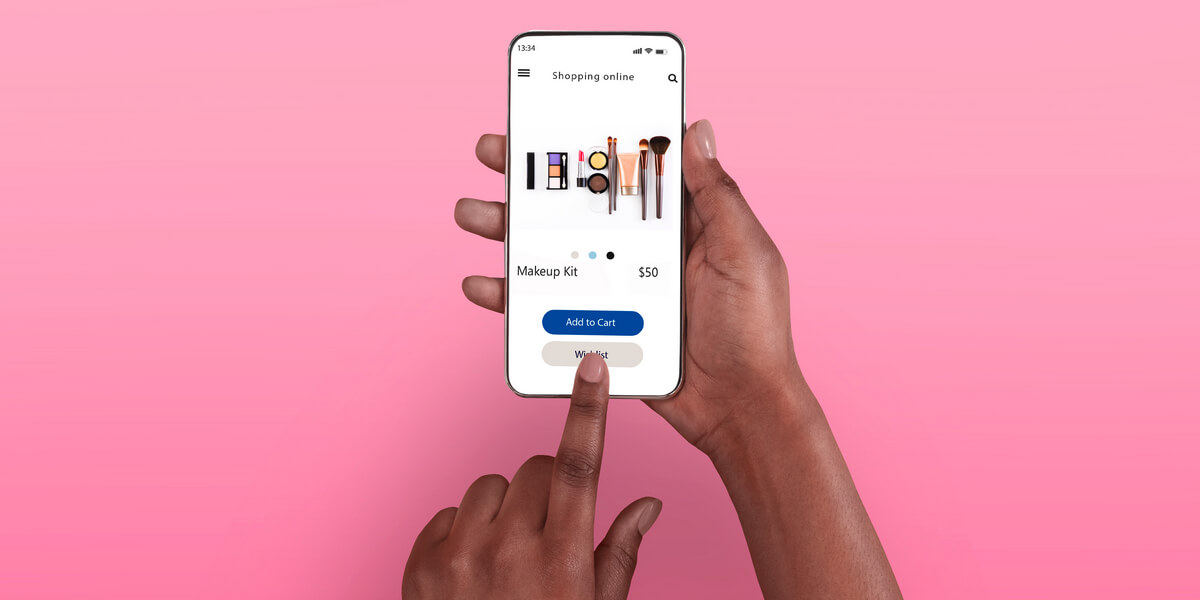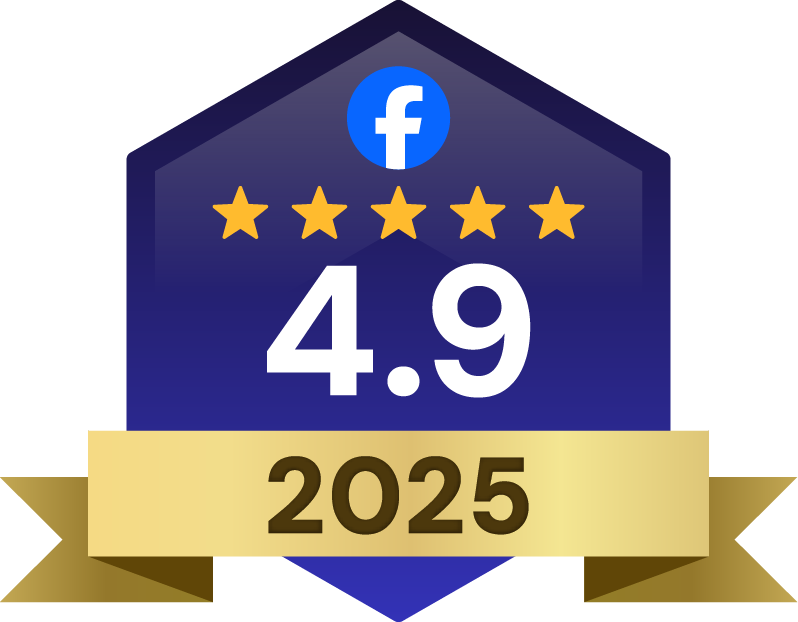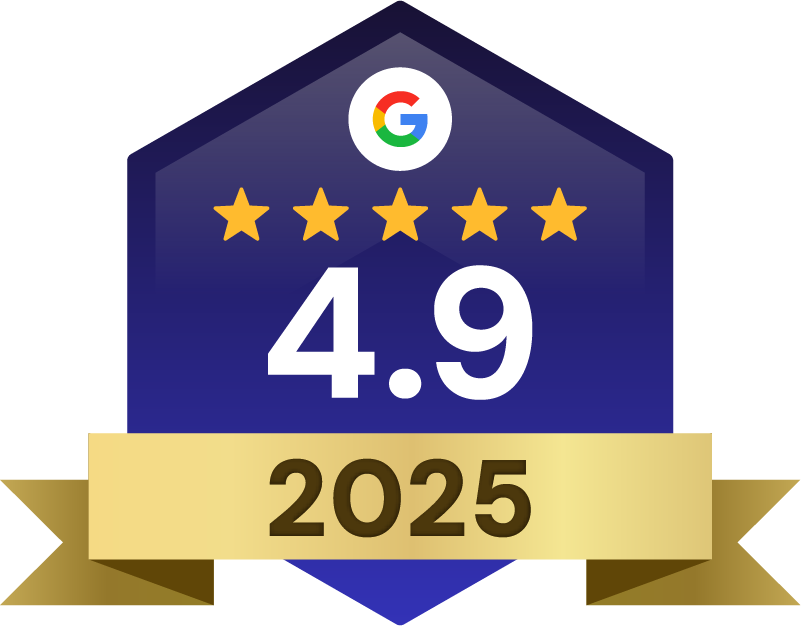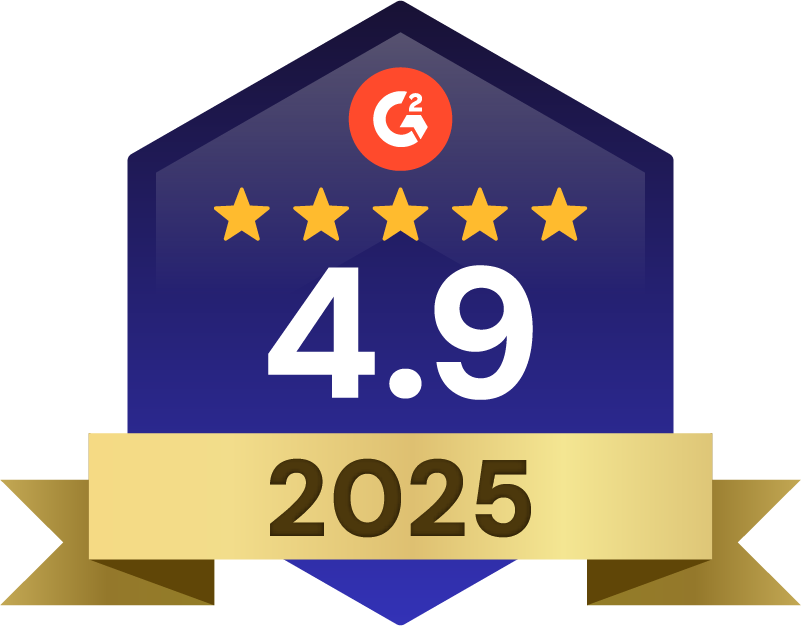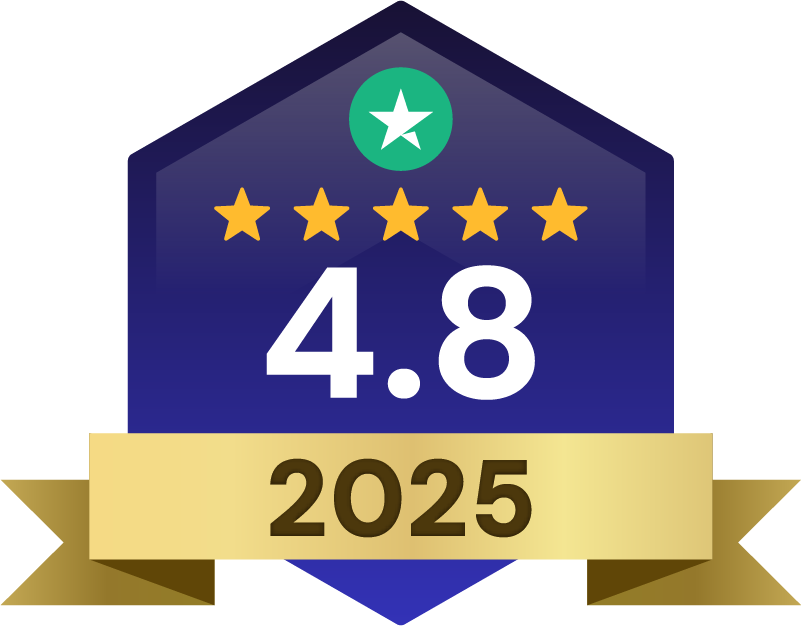Understand the unique benefits of each platform and learn how to use Facebook Ads and Google Ads to generate more quality leads within your audience.
Lead Generation Technology
One thing we can all agree on is that real estate agents are always on the lookout for effective ways to connect with their audience and find quality leads. Two popular advertising platforms, Facebook Ads and Google Ads, have become valuable tools for boosting online presence and attracting new clients.
Both platforms offer distinct advantages, and understanding the main differences between Facebook Ads and Google Ads can help you make informed decisions about your marketing strategy. By leveraging what each platform does best and aligning it with your specific goals, you can make the most of your marketing efforts and establish yourself as a key player in your local market.

Understanding Facebook Ads and Google Ads
Facebook Ads and Google Ads cater to different marketing goals and audiences. Facebook Ads use data from platforms like Facebook and Instagram to deliver highly targeted ads based on user demographics, interests, and behaviors. This approach is great for real estate agents aiming to build brand awareness and cultivate long-term client relationships.
Meanwhile, Google Ads focuses on keyword targeting, allowing advertisers to reach users actively searching for specific products or services. This is particularly useful for driving immediate traffic and conversions, making it beneficial for real estate professionals working with clients who are further along in the buying or selling process.

How Facebook Ads and Google Ads Target Different Audiences
Facebook Ads and Google Ads differ in their targeting methods. Facebook Ads offer a range of criteria, allowing real estate agents to narrow down their audience:
- Demographics: Target based on age, gender, location, education, job title, and more.
- Interests: Reach users interested in topics related to real estate, like home design or investment opportunities.
- Behaviors: Target users based on their actions, such as recent home purchases or mortgage inquiries.
In contrast, Google Ads uses keyword targeting to reach users searching for terms related to real estate services:
- Keyword targeting: Bid on terms like “homes for sale in [city]” to reach interested users.
- Location targeting: Show ads in specific areas, like a city or neighborhood.
- Device targeting: Tailor ads to users based on whether they’re on a computer, smartphone, or tablet.
Ad Formats: Comparing Facebook Ads and Google Ads
The ad formats available on Facebook Ads and Google Ads are also different. Facebook Ads offer engaging formats that capture attention in social media feeds:
- Image ads: Use eye-catching images to showcase properties or branding.
- Video ads: Present property tours or client testimonials through video.
- Carousel ads: Let users swipe through multiple images or videos in one ad.
- Collection ads: Highlight property listings with a primary image or video and multiple product images.
Google Ads, however, offers formats that suit different stages of the user journey and can appear on Google properties like search results and YouTube:
- Search ads: Display text-based ads in search results for targeted keywords.
- Display ads: Show image or video ads on websites and apps in the Google Display Network.
- Shopping ads: Feature property listings with images and prices.
- Video ads: Reach users with video ads on YouTube and other sites.
Knowing how to use these formats allows agents to create impactful campaigns that connect with their audience and achieve their marketing aims.

Effectiveness of Facebook Ads and Google Ads
When comparing Facebook Ads and Google Ads for real estate, it’s about understanding how they generate leads and convert them into clients. Each has its strengths, and effectiveness depends on your goals and audience.
Facebook Ads are ideal for generating leads and engaging potential clients. With detailed user data, agents can create ads that appeal to specific demographics and interests, encouraging actions like filling out contact forms. Visual ad formats also help build brand awareness and maintain client relationships.
Google Ads excel at driving conversions by reaching users with high purchase intent. By focusing on keywords, agents can attract users searching for real estate services. This approach is effective for quick inquiries and promoting offers like open houses.
Choosing the right platform depends on your goals and the buyer’s journey stage:
- Awareness stage: Use Facebook Ads to boost brand recognition and reach a broad audience.
- Consideration stage: Combine both platforms to nurture leads and share valuable information.
- Decision stage: Use Google Ads to drive actions like booking viewings or making offers.
Often, using both platforms together offers the best results.

Cost Comparison: Facebook Ads vs Google Ads
Cost is a major factor when choosing between Facebook Ads and Google Ads. Both use a pay-per-click (PPC) model, but the average cost per click (CPC) and cost per acquisition (CPA) can vary.
Facebook Ads typically have a lower average CPC than Google Ads. This can make them attractive for agents looking to reach a wide audience affordably. However, the average CPA for Facebook Ads in real estate is higher, so agents should consider this cost per lead.
Google Ads usually have a higher CPC, reflecting the competitive nature of the platform. Despite this, the average CPA is higher, highlighting the quality of leads generated, as users are more likely to convert.
Agents should weigh their goals and target audience when comparing costs:
- Brand awareness: Facebook Ads may be more cost-effective with their lower CPC.
- Lead generation: Google Ads may justify higher CPC and CPA with high-quality leads.
Using both platforms strategically can yield great results. Regularly tracking ad spend and performance helps ensure campaigns succeed.

ROI: Analyzing Facebook Ads and Google Ads
Evaluating the return on investment (ROI) for Facebook Ads and Google Ads is key for agents aiming to optimize their budget. Both platforms can effectively generate leads, but ROI varies based on ad types and targeting.
Facebook Ads offer strong ROI for building brand awareness and client relationships. Retargeting campaigns, which show ads to users who have interacted with your page, are effective for conversions. These campaigns reach users familiar with your services, increasing conversion likelihood.
Google Ads often provide higher ROI for immediate lead generation. By targeting users actively searching for services, agents can attract leads ready to act. Long-tail keywords, with lower competition and higher conversion rates, are especially effective.
To maximize ROI, agents should:
- Set clear goals: Define objectives for each campaign and establish KPIs.
- Use data-driven targeting: Reach your ideal audience using targeting options.
- Optimize ad content and landing pages: Ensure ad copy and visuals resonate with the audience.
- Test and refine campaigns: Continuously monitor and improve performance.
Using both platforms in a cohesive strategy helps agents achieve strong ROI and business results.

Best Practices for Using Facebook Ads
To make the most of Facebook Ads, agents should focus on proven strategies:
- Build a strong profile: Ensure your business page is complete and professional.
- Create engaging ad content: Develop content that resonates with the audience and encourages engagement.
- Utilize Facebook’s targeting options: Reach your ideal audience with advanced targeting.
- Test and optimize: Continuously refine campaigns to ensure relevance and engagement.
Best Practices for Using Google Ads
To enhance Google Ads effectiveness, agents should follow these practices:
- Conduct thorough keyword research: Identify relevant keywords for your audience.
- Optimize landing pages for conversions: Ensure landing pages are user-friendly and conversion-focused.
- Use ad extensions: Enhance ad visibility with extensions like sitelinks and callouts.
- Monitor and adjust bids: Regularly review keyword performance and adjust bids.
By implementing these practices and leveraging both platforms, agents can craft a powerful advertising strategy that adapts to changes and achieves long-term success.
By combining the strengths of Facebook Ads and Google Ads, you can create a comprehensive digital marketing strategy that drives real results for your real estate business. At AgentFire, we specialize in helping agents like you harness the power of these platforms to generate leads, build brand authority, and grow your business. Book a demo with us today to learn how our expert team can help you take your real estate marketing to the next level.

